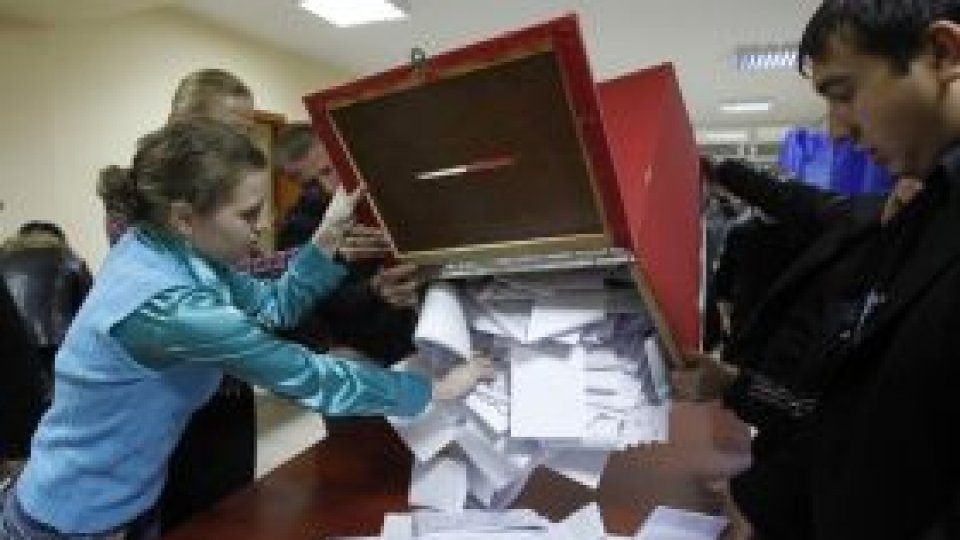Republic of Moldova, Heading for Europe
Nearly two decades after the fall of the Soviet Union, the predominantly Romanian-speaking Republic of Moldova seems to be floating adrift somewhere between the EU and Russia.

01 Ianuarie 2011, 18:01
Seemingly incapable of making the decision to get closer to either side, the republic is facing a deep domestic political crisis.
This is the result of Parliament’s inability to appoint a chief of state, now a ‘mission impossible’ after three voting rounds in two years yielded no majority for either side.
After November’s elections, the pro-western Liberals and Liberal-Democrats negotiated with the Democratic Party to rebuild the currently ruling Alliance for European Integration.
The Democrats are led by former Communist Marian Lupu, who has recently turned towards the pro-European policies favored by his partners in government. Lupu’s party also held talks with Communist representatives.
Having come out first in the election and eager to return to power, the Communists’ Party tried to tempt the Democrats into a center-left government in exchange for an equal share of ministerial seats.
This offer was made despite a huge difference in the votes carried by the two sides - nearly 30 percent in favor of the Communists. Nevertheless, the Democratic Party chose continuity, despite what many had predicted.
The first proof that the Alliance for European Integration is a functioning body is Lupu’s election as Speaker of Parliament, and, implicitly, as interim chief of state. His first measure was to name the Liberal-Democratic leader Vlad Filat as Prime Minister, reconfirming the position he held since September 2009.
The communist government that ruled the country between 2001 and 2009 had a foreign policy that turned its back to the West, but it was followed by the Filat cabinet, which managed to rechannel Chisinau’s diplomacy.
Filat’s Government managed to improve the Republic of Moldova’s image in the west, subsequently obtaining non-reimbursable loans and financial aid.
This came as a breath of fresh air for the suffocating economy of a country harshly affected by the world crisis and ranked as Europe’s poorest.
The rebuilding of the pro-European coalition has been welcomed by neighboring Romania, which sees it as “laying the groundwork for enhancing political stability” in the Republic of Moldova, and encourages the country to carry on the reforms required for the EU accession.














